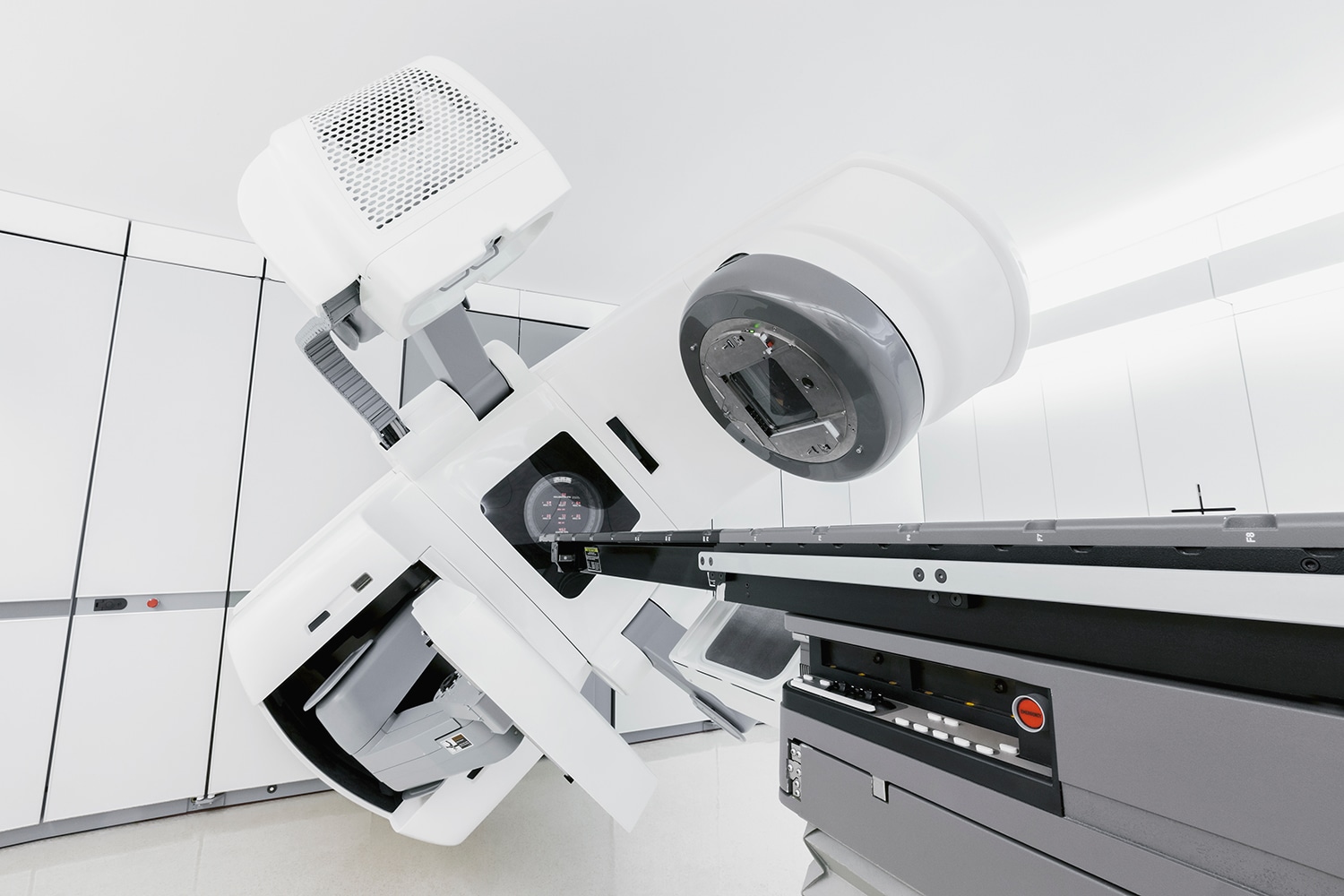Radiation therapy can come with a variety of side effects, such as fatigue, pain, skin burning and emotional difficulties. A study published in the December 2019 issue of the Journal of Oncology Practice finds that patients do not always feel completely informed about these adverse events in advance.
Using a web-based survey, researchers polled 403 people from various regions of the U.S. who had received radiation treatments in the previous five years. Around 82% of patients felt they had been given enough information on what adverse effects they could expect following treatment. However, around 37% said they had experienced adverse effects they wished they had known more about.
Around 36% of patients who also underwent chemotherapy and 34% of those who also had surgery similarly reported that they wished they had known more about adverse effects of these treatments. “There’s roughly about a third of each of those groups that had side effects from treatment that they wish they knew more about,” says radiation oncologist and study co-author Reshma Jagsi, director of the Center for Bioethics and Social Sciences in Medicine at the University of Michigan in Ann Arbor. “I think it speaks to the needs that we have both within radiation oncology, and with cancer care more generally, to try to improve health communication.”
Patients were most likely to say that changes in their energy levels following radiation therapy were worse than anticipated, with 31% reporting that they were surprised by the severity of this side effect. Around 24% of patients said that skin burning was worse than expected, and 21% said that feelings of anxiety or worry were worse than expected.
Jagsi says it’s important to learn whether a patient wants to learn more about adverse effects and which types of problems they want to know about. “What is most important to patients?” she says. “Is it the side effect that is very common but not very severe that they want to hear more about? Is it the rare and unanticipated but very severe side effects that they want to hear about?”
Dan Golden, a radiation oncologist at the University of Chicago who was not involved in the study, says that communication about side effects is important because it can affect how patients feel about treatment. He says his personal experience as a physician has been that patients are better able to cope with side effects if they have been warned about them. “If you help people predict how they’ll feel in the future accurately, then they’re more likely to be satisfied in the future,” he says. Golden co-created a graphic narrative discussion guide to help patients understand radiation therapy that has been downloaded by 200 health care providers around the world.
Jagsi agrees that communicating about side effects is important, in part because unfounded concerns or anxieties about radiation therapy could lead some people to delay or avoid getting necessary treatments.
Jane Perlmutter, a patient advocate who was diagnosed with two separate breast cancers in 1985 and 1988, points out that communicating about late effects of radiation therapy, which can include increased risk of other cancers, can be especially challenging. Since the study only looked at patients who had received radiation therapy relatively recently, it did not shed light on how patients felt about long-term side effects.
Perlmutter had lumpectomies and radiation for both cancers and continued in her career as an experimental psychologist at Bell Labs. (She now has her own consulting business.) In 2015, she was diagnosed with metastatic esophageal cancer, which her doctors told her was likely related to the radiation therapy she had received decades earlier. She is being treated with the immunotherapy drug Keytruda (pembrolizumab) and has no evidence of disease. Perlmutter says she was told that her treatment with radiation could increase her chances of later developing leukemia, but she was never told about the risk of developing other cancers.
There are many more resources available to patients than there were at the time of her treatment, Perlmutter says, including resources on the internet such as the National Cancer Institute website and also patients like Perlmutter herself, who have long-term experience post treatment.
“If you’re going to go to treatment, you do really want to know what to expect,” she says. “A patient can certainly say to a doctor, ‘Doctor, do you have a patient who went through this that I could talk to?’”
Cancer Today magazine is free to cancer patients, survivors and caregivers who live in the U.S. Subscribe here to receive four issues per year.





